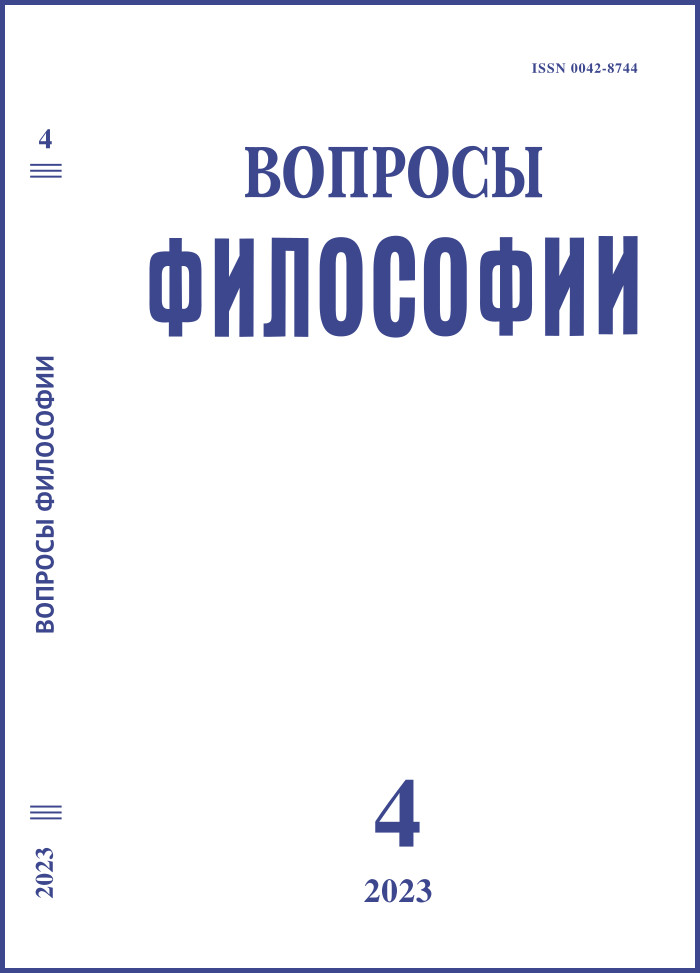Ideology and War
DOI:
https://doi.org/10.21146/0042-8744-2023-4-40-43Keywords:
ideology, discourse, science, religion, ethics, aesthetics, war.Abstract
The article explores the discursive means of expressing ideologies. It is postulated that a person in the conditions of a changing political situation is at the same time able to hide his ideological preferences, but find means to express them. A distinction is made between the use of rational constructs, which is changed under the influence of political conjuncture, and an emotionally colored assessment of facts. It is argued that ideology is more often transmitted through emotionally expressed communication. The concepts of “quasi-science” and “quasi-religion” are introduced, which complete the completeness of the ideological discourse in the communicative space. A formal method is introduced to identify four modern ideologies. It is fixed that the main goal of ideology is to encourage joint social action. The conditions under which the change of ideological constructs takes place are described. The ideas about the ideology of modern Russian politicians are analyzed. It is shown how the ideological support of a special military operation changes during the year. Conclusions are drawn about the dependence of the concept of war on the social stratum of a person in modern Russian society.

